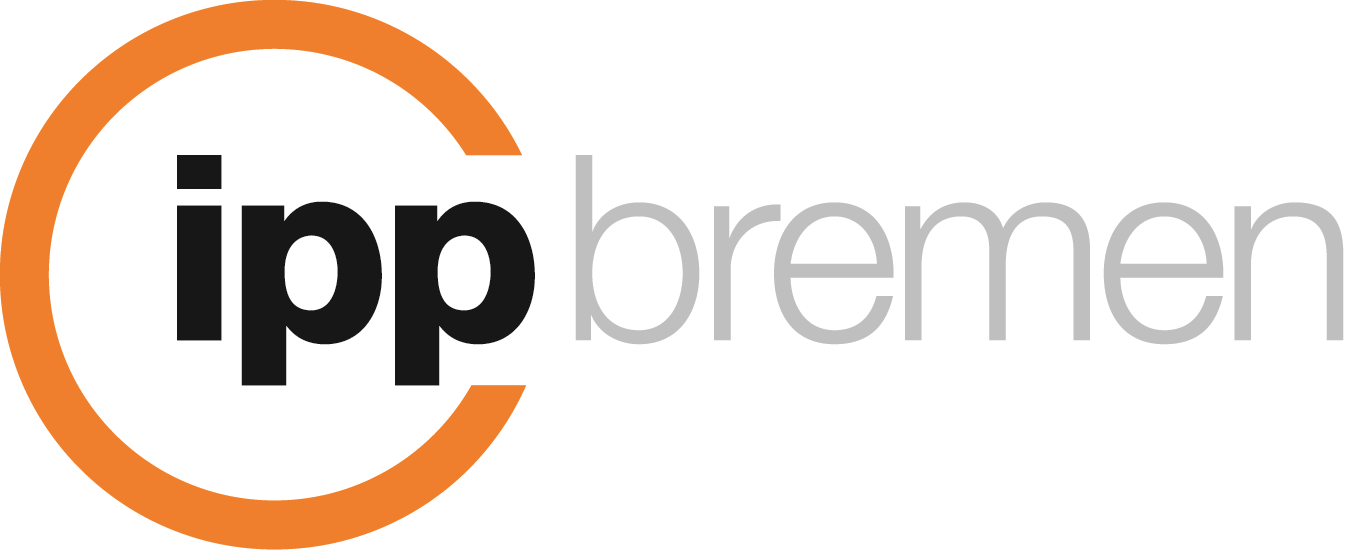Researchers from the Institute of Public Health and Nursing Research (IPP) at the University of Bremen were strongly represented at the 4th International Conference of the German Society for Nursing Science (DGP), held on May 8 and 9, 2025, in Berlin. Under the conference theme “Nursing Research: Are we keeping up?”, the departments of Health Care Research and Evaluation and Implementation Research in Nursing Sciencepresented current research findings on topics such as Artificial Intelligence (AI), school nursing, and preventive home visits.The work of the IPP researchers underscores the institute’s leading role in nursing science and its commitment to innovative approaches in research and practice.
Dr. Kathrin Seibert opened the symposium “Artificial Intelligence in Nursing Care – Perspectives on Repositories and AI Systems” with a keynote on the use of AI in nursing care and moderated subsequent contributions from research projects within the BMBF funding program Making Repositories and AI Systems Usable in Everyday Nursing Practice. She also presented a tool for assessing AI readiness in nursing-related research and development projects. The AI Nursing Care Readiness Assessment (AINCRA) was developed under the leadership of the University of Bremen in collaboration with the Institute of Computer Science (IMI) at Charité – Universit?tsmedizin Berlin, the Berlin University of Applied Sciences, the Association for Digitalization in Social Services (vediso e.V.), and the Alexander von Humboldt Institute for Internet and Society.
Dominik Domhoff shared experiences and recommendations for successful collaboration between scientific accompanying research and AI nursing care projects. These insights are based on several years of accompanying research on AI nursing care projects and offer valuable input for future research in funding programs related to the use of AI in nursing.
The workshop “Barcamp AI in Nursing Care in Action: A Workshop for Open-Minded Collaboration” was jointly conducted by Dr. Kathrin Seibert, Dominik Domhoff, Alessia Nowak (IMI), and Janissa Altona. Participants engaged in hands-on use of the Barcamp method and discussed the integration of AI into nursing care in four parallel sessions.
Jana Kaden presented a poster titled “Theories, models and frameworks of school nursing – results of a scoping review.” The work explored the extent to which school nursing approaches in Germany align with existing theoretical concepts. The findings highlight the potential benefits of using internationally established models and frameworks to guide the daily practice of school nurses and to support the further development and implementation of school nursing in Germany.
Ellen Dunker presented the results of her research on preventive home visits in a talk titled “For whom, why and under which conditions do preventive home visits for the older population work? A realist review.” She used the realist review method to develop an initial program theory (iPT) for preventive home visits based on existing literature. The findings demonstrate that various factors can enhance the success of such visits. Considering these factors in the design and implementation of future preventive home visit interventions could improve their effectiveness. The work is part of a dissertation in the Research Cluster ‘Healthy City of Bremen’ and is being supervised by Prof. Dr. Birte Berger-H?ger (University of Bremen), Prof. Dr. Claudia Stolle-Wahl (City University of Applied Sciences, Bremen) and Prof. Dr. Michael Rosentreter (Cooperative University of Applied Sciences Hamburg (BHH), Hamburg) as part of a cross-university collaboration.


![[Translate to English:] [Translate to English:]](/fileadmin/_processed_/e/csm_Gruppenfoto_IPP_DGP_ed8d3caf2a.jpg)